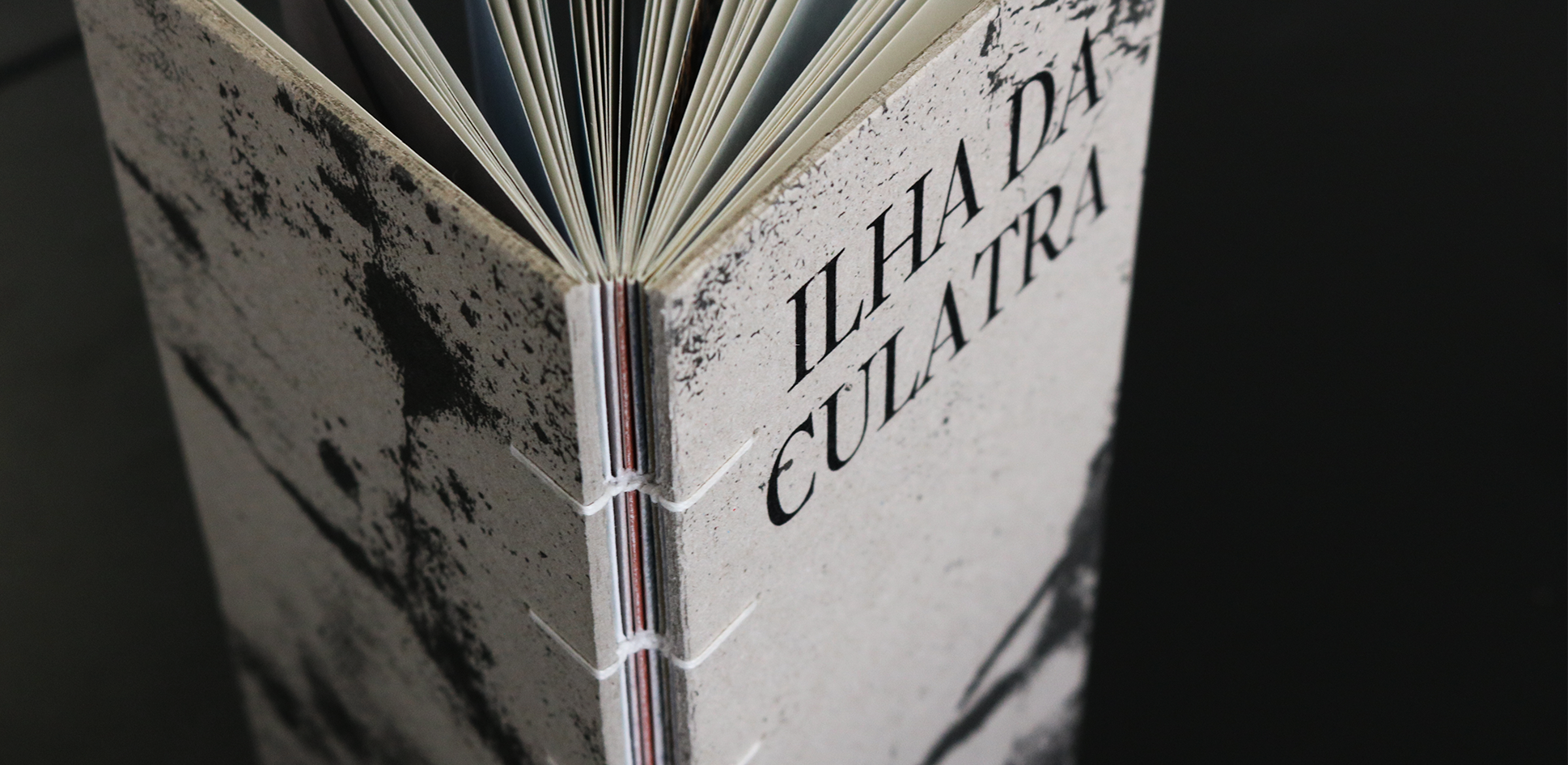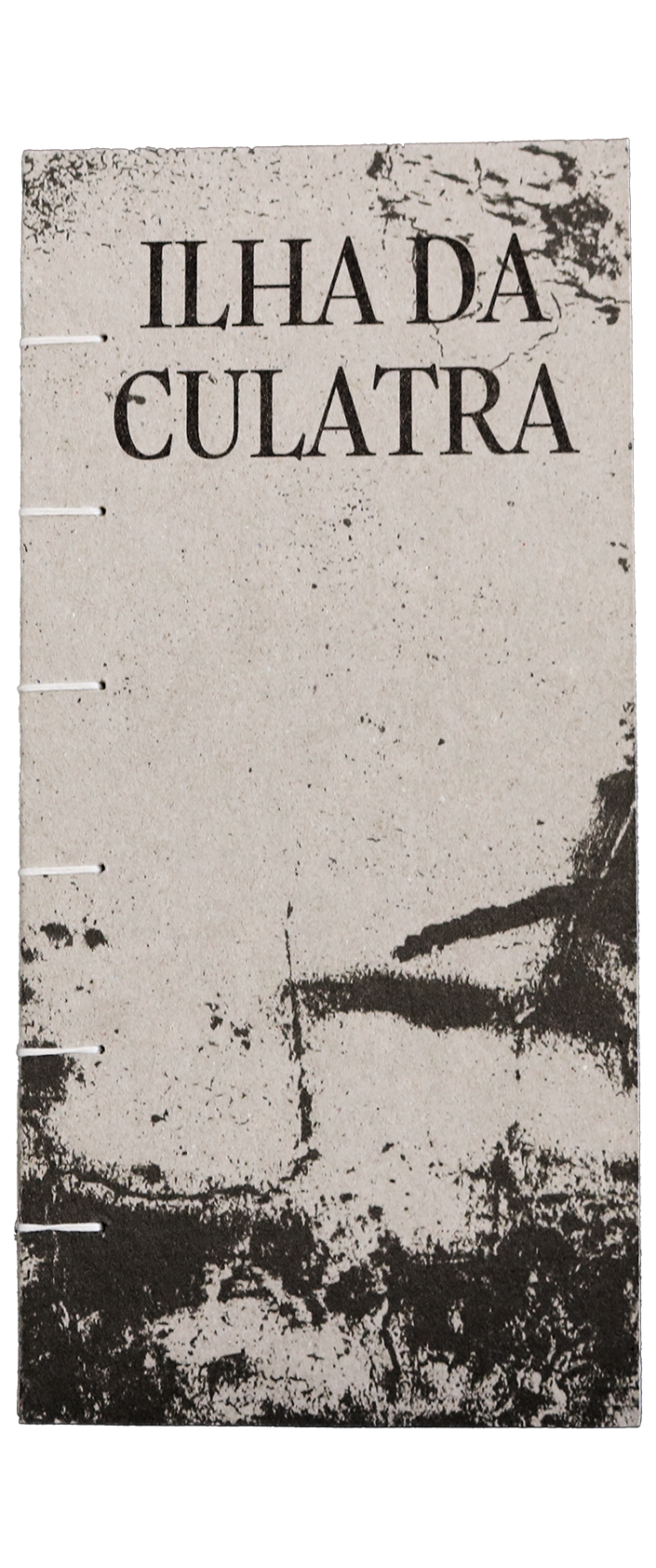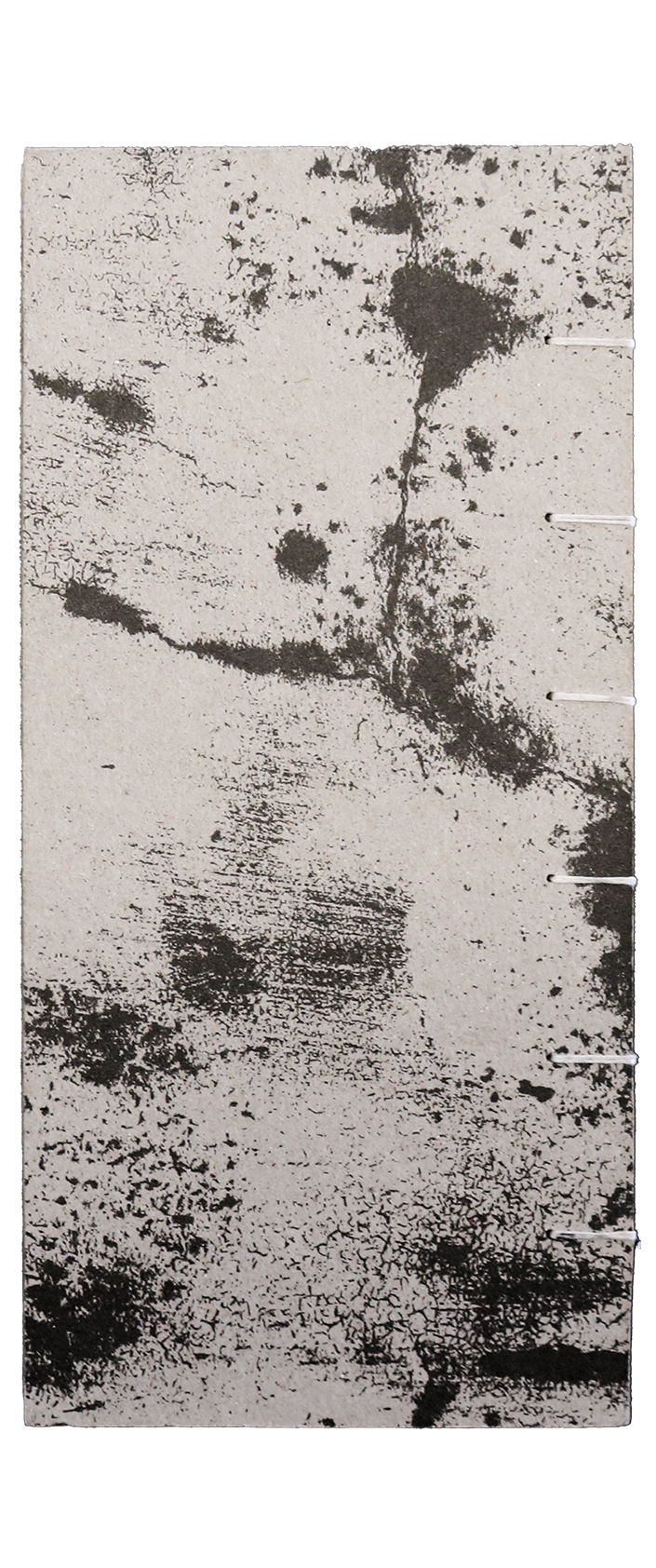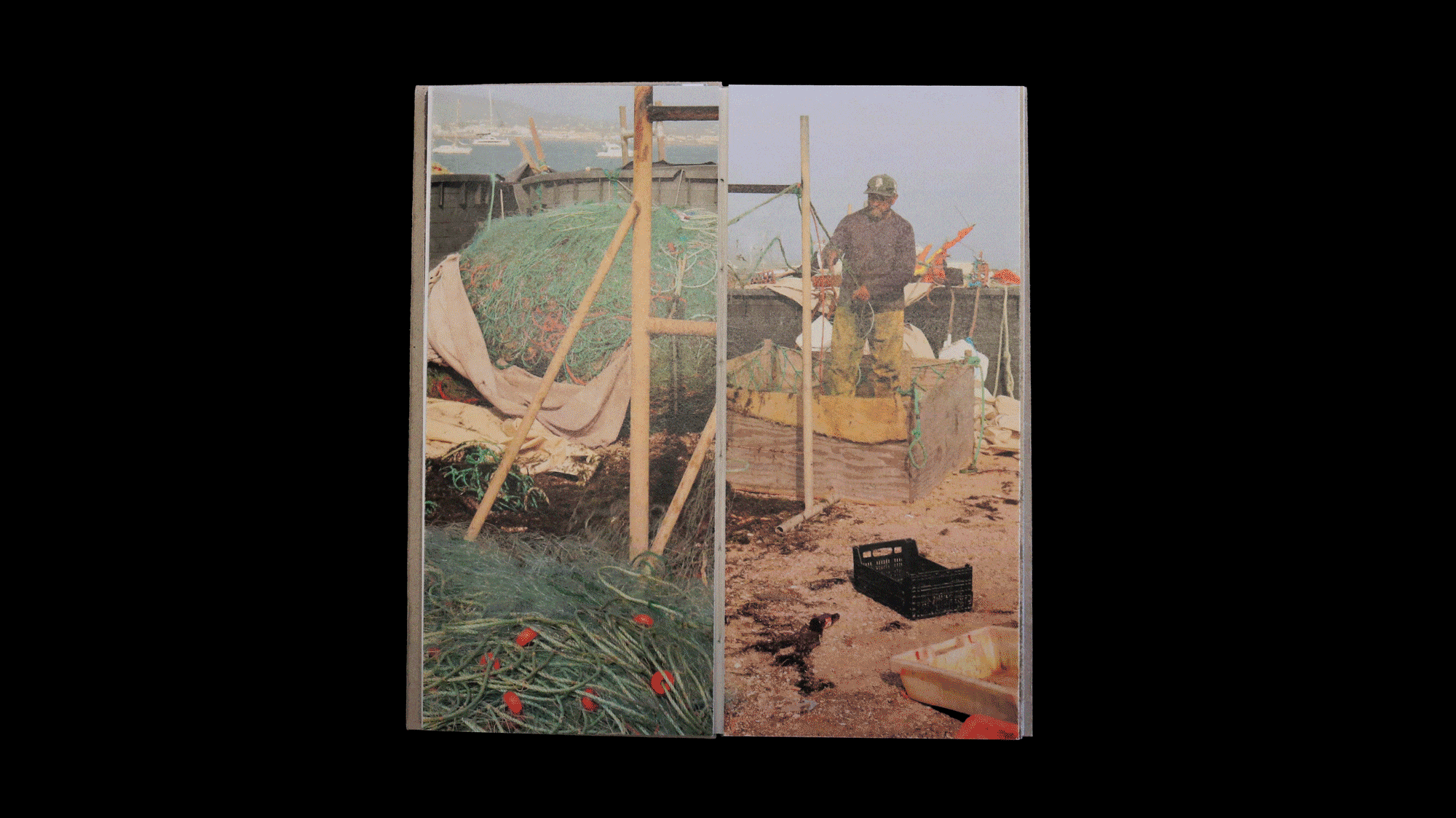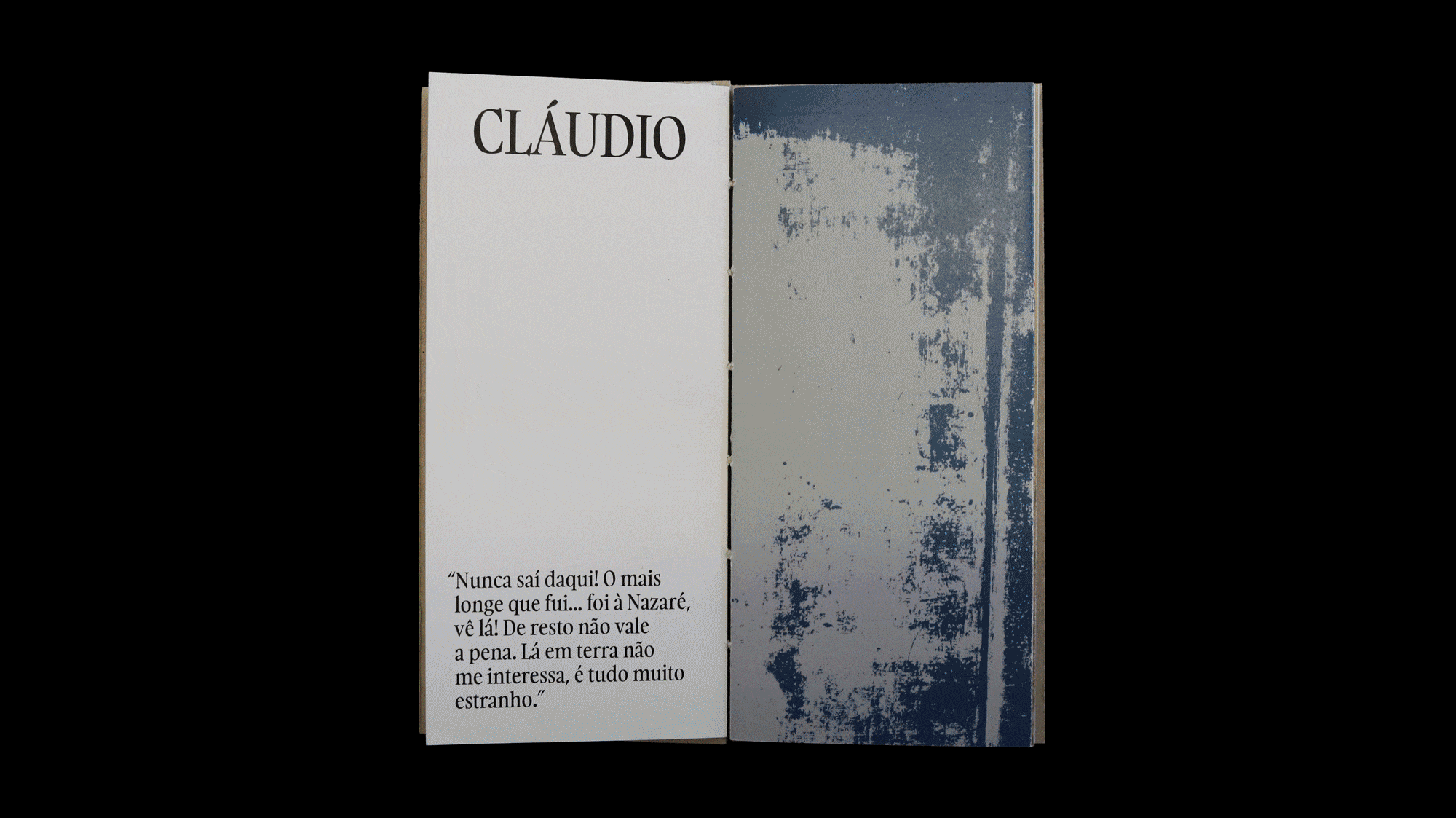SERVICES
Editorial Design, Photography, Web Design
GROUP WORK
Carolina Duarte, Laura Araújo, Rita Afonso
Year
2025
"Ilha da Culatra" is a visual essay that explores a unique and specific community.
We traveled to Ilha da Culatra, located in Faro, to get to know this small fishing community, marked by its relationship with the space it occupies and what lies beyond it. The particularities we were aware of before our visit fueled an imaginary perception of the place, which both contrasted with and complemented our lived experience on the island. It was the fusion between the preconceived idea and the reality we encountered that gave rise to this essay.
Situated at the southernmost point of mainland Portugal, Ilha da Culatra is geographically and socially distant from the rest of the country. The direct relationship with the space they inhabit, shaped by isolation, nurtures the mindset of its people, granting them a sense of independence and simplicity in the way they lead their lives, which distinguishes them today. A community closed in on itself, united for common efforts and needs, sharing values and experiences that set it apart. In a region like the Algarve, marked for decades by tourism that has diluted much of its authenticity, Culatra remains true to its roots and traditions.
We are driven by the interest in knowing and understanding the territory, its history, motivations, and customs. A way of life that is both enigmatic and revealing, leading us to reflect on the differences that define it, as well as their meanings. The island communicates in a unique way, and this publication is an attempt to translate that dialogue.
These are visual interpretations that reflect our way of seeing this place and its people, shaped by those who observe a reality different from their own with a particular sensitivity. This perspective is influenced by a visual culture that defines our academic journey, and we aim to open paths for new interpretations. Drawing from real and imagined experiences, we offer the reader a subjective and immersive vision, allowing them to see Culatra with the same attentive and curious gaze that guided us, valuing every detail the island revealed to us.
